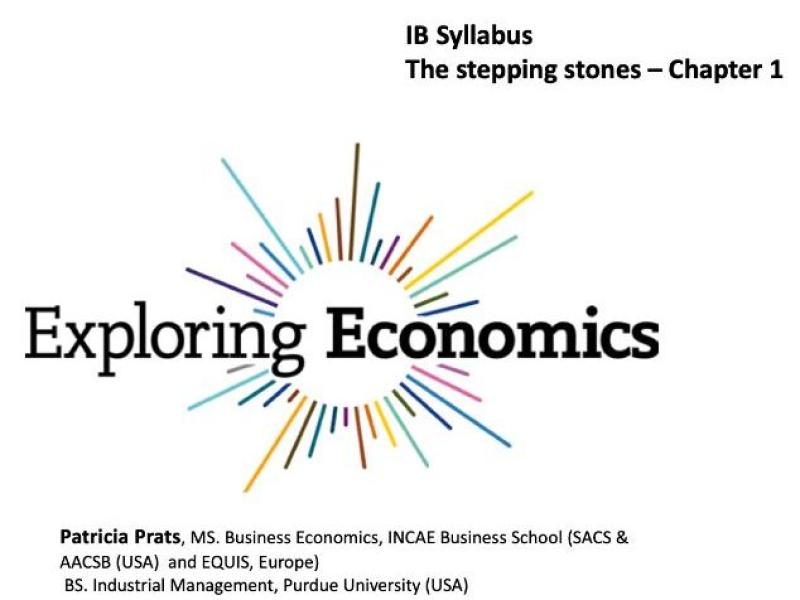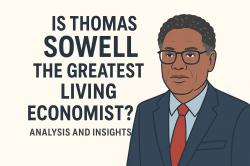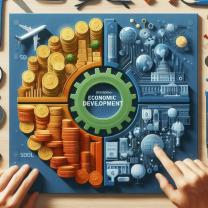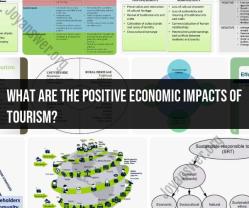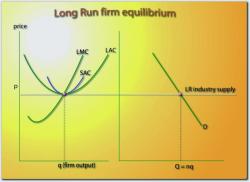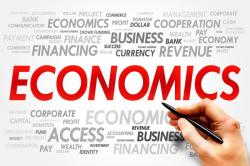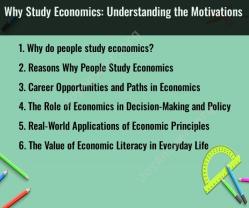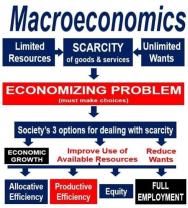What are the terms of Economics?
Here's a list of key terms in economics, organized by relevant categories:
Microeconomics Terms:
Microeconomics:
- The branch of economics that studies the behavior of individual agents such as households, firms, and markets.
Demand:
- The quantity of a good or service that consumers are willing and able to purchase at various prices.
Supply:
- The quantity of a good or service that producers are willing and able to offer for sale at various prices.
Market:
- The arrangement that brings buyers and sellers together to exchange goods and services.
Price Elasticity of Demand:
- A measure of how much the quantity demanded of a good responds to a change in price.
Perfect Competition:
- A market structure in which there are many buyers and sellers, all selling an identical product.
Monopoly:
- A market structure in which there is only one seller, and it dominates the entire supply of a product.
Macroeconomics Terms:
Macroeconomics:
- The branch of economics that studies the economy as a whole, including topics like inflation, unemployment, and economic growth.
Gross Domestic Product (GDP):
- The total value of goods and services produced within a country's borders over a specific period.
Unemployment Rate:
- The percentage of the labor force that is unemployed and actively seeking employment.
Inflation:
- The rate at which the general level of prices for goods and services is rising.
Fiscal Policy:
- Government actions, including taxation and spending, to influence the economy.
Monetary Policy:
- The management of the money supply and interest rates by a central bank.
International Economics Terms:
Trade Surplus:
- A situation in which a country exports more than it imports.
Trade Deficit:
- A situation in which a country imports more than it exports.
Exchange Rate:
- The value of one currency in terms of another currency.
Comparative Advantage:
- The ability of a country to produce a good or service at a lower opportunity cost than other countries.
Financial Economics Terms:
Interest Rate:
- The cost of borrowing money or the return on investment.
Stock Market:
- A market in which shares of publicly held companies are bought and sold.
Capital:
- Financial assets or resources used to start and operate a business.
Risk and Return:
- The trade-off between the potential return on an investment and the level of risk associated with it.
Behavioral Economics Terms:
Behavioral Economics:
- The study of how psychological factors influence economic decision-making.
Rational Choice Theory:
- The assumption that individuals make decisions by weighing the costs and benefits.
Nudge:
- A concept from behavioral economics that suggests indirect suggestions can influence people's behavior.
These terms provide a foundation for understanding economic principles, theories, and analyses. Keep in mind that this list is not exhaustive, and there are many more specialized terms and concepts within the field of economics.
What are some key terminologies used in the field of Economics?
Economics is a diverse field with its own language. Here are some key terminologies you'll encounter across different branches of economics:
Microeconomics:
- Supply and Demand: Fundamental forces determining market prices and resource allocation.
- Marginal Utility: The additional satisfaction gained from consuming one more unit of a good.
- Market Equilibrium: The point where supply and demand balance, setting the market price.
- Elasticity: The responsiveness of quantity demanded or supplied to changes in price or other factors.
- Externalities: Costs or benefits of production or consumption that spill over to third parties.
- Market Failure: Occurs when markets cannot efficiently allocate resources, requiring government intervention.
Macroeconomics:
- Gross Domestic Product (GDP): Measures the total market value of all final goods and services produced within a country in a given year.
- Inflation: The persistent rise in the price level of goods and services over time.
- Unemployment: The percentage of the labor force actively seeking work but unable to find it.
- Monetary Policy: Actions taken by the central bank to influence the money supply and interest rates to achieve macroeconomic goals.
- Fiscal Policy: Government spending and taxation decisions used to influence aggregate demand and economic activity.
- Business Cycle: Fluctuations in economic activity over time, alternating between periods of expansion and recession.
General Economics:
- Opportunity Cost: The benefit forgone by choosing one option over another.
- Comparative Advantage: The ability of a producer to produce a good or service at a lower relative cost than another producer.
- Efficiency: Allocating resources to their most productive uses.
- Scarcity: Resources are limited, while human wants are unlimited.
- Rational Choice: Individuals make decisions to maximize their own utility within their constraints.
- Incentives: Factors that influence individuals' choices, such as prices, taxes, and subsidies.
Advanced Economics:
- Game Theory: Analyzes strategic interactions between individuals or groups.
- Econometrics: Applies statistical methods to economic data to test economic theories and estimate economic relationships.
- Behavioral Economics: Studies how psychological and cognitive factors influence economic decision-making.
- Development Economics: Focuses on economic growth and poverty reduction in developing countries.
- Public Finance: Analyzes the role of government in the economy, including taxation and spending policies.
Remember, this is not an exhaustive list, and specific terminologies may vary depending on the subfield of economics you're exploring. However, understanding these key terms will give you a strong foundation for navigating the language of economics!
Feel free to ask about any specific terminology you encounter or areas of economics you'd like to delve deeper into.
